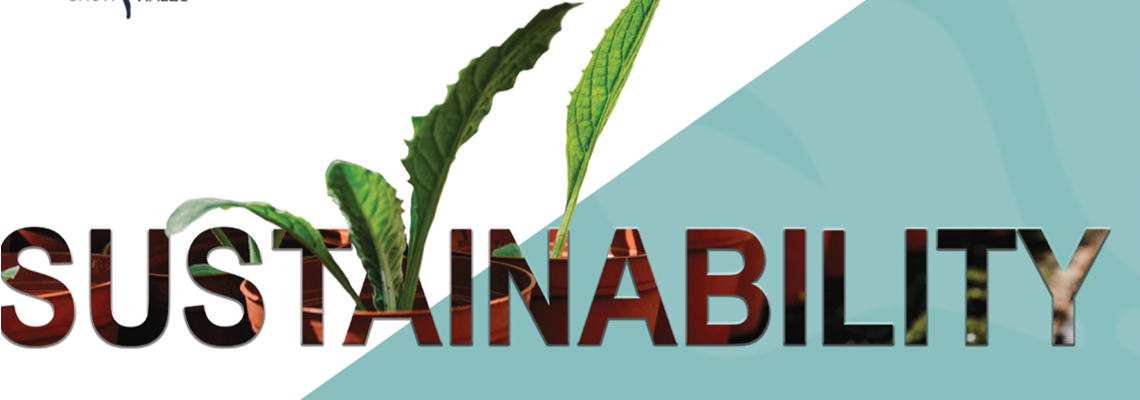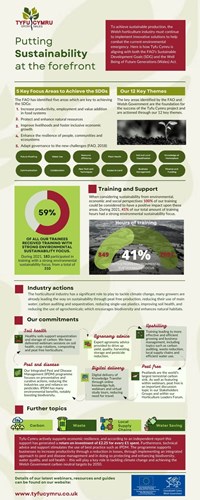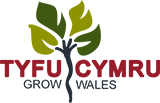Putting sustainability at the forefront
Monday, 22 November 2021

Wales Climate Week 2021 launches this week (22.11.21) and will mark the culmination of the COP Cymru series of events providing the people of Wales with an important opportunity to engage in conversations about climate change.
Focusing on the national mission to make the 2020s a ‘decade of climate action’ and laying the foundations for a Net Zero Wales, the week of virtual events will encourage a Wales-wide conversation on how we can help tackle the climate emergency. More information on Wales Climate Week 2021
The horticultural industry has a significant role to play to tackle climate change, many growers are already leading the way on sustainability through peat free production, reducing their use of main water, carbon auditing and sequestration, reducing single-use plastics, improving soil health, and reducing the use of agrochemicals; which encourages biodiversity and enhances natural habitats.
To achieve sustainable production, the Welsh horticulture industry must continue to implement innovative solutions to help combat the current environmental emergency. Here is how Tyfu Cymru is aligning with both the FAO’s Sustainable Development Goals (SDG) and the Well Being of Future Generations (Wales) Act.
According to the Food and Agricultural Organisation of the United Nations (FAO), in order for Agriculture to achieve their Sustainable Development Goals (SDGs) there are 5 major areas on which to focus. These are:
- Increase productivity, employment and value addition in food systems
- Protect and enhance natural resources
- Improve livelihoods and foster inclusive economic growth
- Enhance the resilience of people, communities and ecosystems
- Adapt governance to the new challenges (FAO, 2018)
The Well-being of Future Generations (Wales) Act 2015 gives public bodies in Wales a legal obligation to improve the well-being of Wales, taking into consideration the long-term effect of decisions to ensure sustainable development. The act focuses on the enhancement of social, cultural, environmental, and economic well-being through its seven well-being goals. These can be found here. (Welsh Government, 2021)
The Tyfu Cymru Project delivers industry specific support and training to build the capacity and capability of the Welsh horticulture sector. Although Tyfu Cymru, and more broadly Lantra Wales, do not have a legal responsibility, we believe we have corporate social responsibility to guarantee our work is aligned with both the FAO’s SDGs and the Well Being of Future Generations (Wales) Act. These key areas, identified by both the FAO and Welsh Government (WG) are the foundation for the success of the Tyfu Cymru project and are actioned through our 12 key themes.
Tyfu Cymru actively supports economic resilience, and according to an independent report this support has generated a return on investment of £2.25 for every £1 spent. Furthermore, technical advice and support stimulates the use of best practice such as IPDM. The programme supports businesses to increase productivity through a reduction in losses, through implementing an integrated approach to pest and disease management and in doing so protecting and enhancing biodiversity, water quality, and soil health – this will play a key role in tackling climate change and achieving the Welsh Government carbon neutral targets by 2050.
To find out more about our actions in putting sustainability at the forefront, see our infographic: Tyfu Cymru: Putting Sustainability at the Forefront


